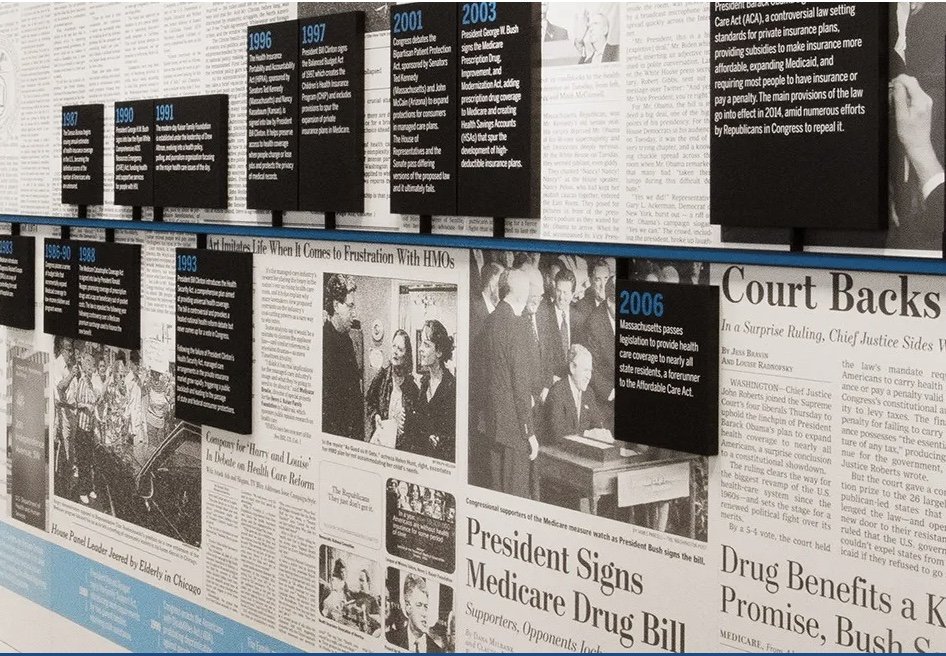Health Care Matters | May 31, 2024
Contract Disputes Between Providers
and Payers
Modern Healthcare ran an article this week on the effect of the health care climate on increasingly contentious provider/payer contract negotiations. The mix of providers high costs for labor, supplies and pharmaceuticals, mixed with cost pressures from government programs that are leading payers to increase denials and prior authorization requests are creating an atmosphere of friction.
Why It Matters
While the public health emergency is in the rearview mirror, the after effect of the COVID-19 global pandemic are still felt deeply in the health care industry. Clinician burnout is rampant. At the end of 2023, the AMA reported that half of physicians were still reporting burnout though slightly down from an all-time high in 2021. Physicians reported spending an average of 14 hours a week on prior authorization requests. Modern Healthcare noted that physicians are becoming more skeptical of MA contracts in particular and are not afraid to walk away from the table. This can lead to patient confusion and disruption when providers are no longer accepting certain insurance. As CMS rolls out new regulations and requests to both providers and payers, it will be important for the agency to take the current health care climate into consideration including cost pressures and administrative burden.
Bipartisan Bill Introduced in the House to Boost Health Care Cybersecurity
On May 15, a group of bipartisan house members introduced the Strengthening Cybersecurity in Health Care Act. The Act was introduced as the healthcare system is increasingly becoming the target of cybersecurity attacks. 133 million patient records were breached in 2023, more than twice the number in 2022. The Change Healthcare cyberattack disrupted health care systems nationwide leading to investigation by both the Senate Finance Committee and the Office of Civil Rights (OCR) within HHS.
Why It Matters
The bill would empower the HHS Inspector General(IG) to routinely test cybersecurity of healthcare IT systems, something that it hasn’t done previously. The IG would be tasked with setting the standards for how data is maintained in the health care system. At the same time, HHS is looking to the Administration for Strategic Preparedness and Response (ASPR) to be the department’s one-stop shop for healthcare cyber security moving forward including a 12 million dollar increase in funding for 2025. Currently, there are many parts of the agency that have a role to play. For instance, OCR is responsible for data breaches of protected health information. As HHS increasingly takes on a larger role in regulating health technology, it will be important to consider patient privacy, risk of service disruption along with the costs to providers of ensuring that sensitive data is appropriately protected.
WHAT WE ARE READING
The ACO Primary Care Flex Model Request for Applications
CMS released the RFA for its new primary care capitation test that is layered on top of MSSP. Applications opened May 30th and are due August 1st.
For application support, contact info@coralhealthadvisors.com.
KFF’s Health Policy 101
A recently published mini “textbook” for faculty and students interested in health policy.
What We Are Listening To
Tradeoffs
A Report Card for Telehealth: What’s Worked and What Hasn’t.




